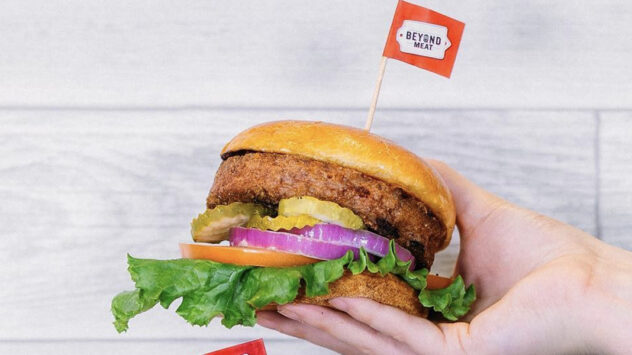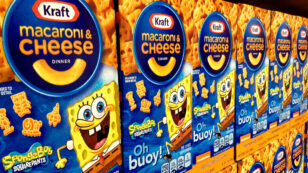
Plant-Based Meat: The Cosmetic Color Problem
Plant-based meats are touted as the technological solution to the health and environmental problems caused by excessive meat-eating. Venture capital is flooding to what seems like a hot new market. One objection to these products is that they are heavily processed and contain long lists of processing ingredients (my emphasis on the color ingredients). The […]

 233k
233k  41k
41k  Subscribe
Subscribe 




